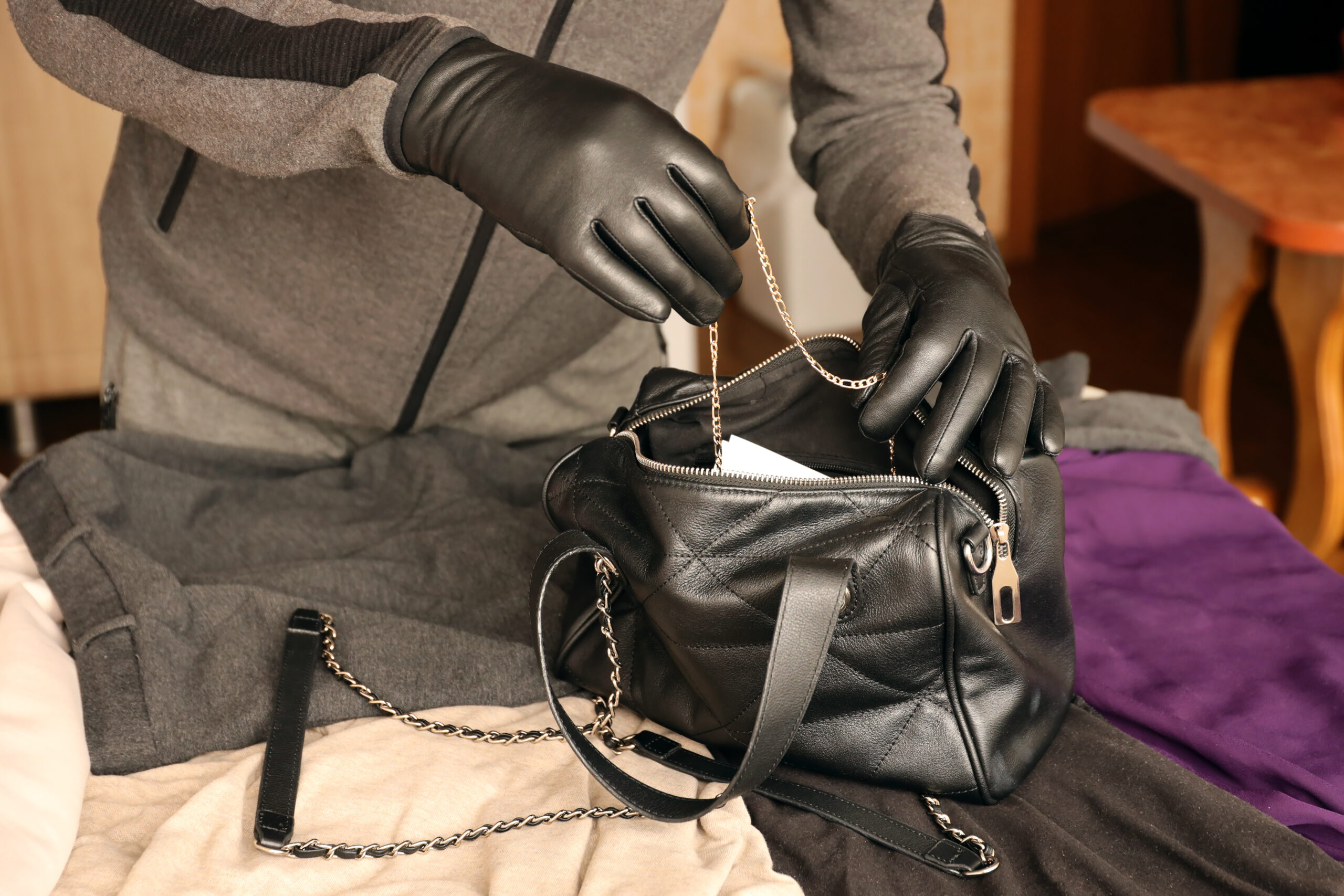If you have been denied bail after being charged with a criminal offence, you may be wondering what happens next. In Toronto, the process for dealing with someone who has been ordered detained after a bail hearing can be complicated and daunting. This article will provide an overview of some of the reasons a person may be denied bail and what the next steps are to getting released from jail. Criminal lawyers in Toronto can provide more detailed information and advice specific to your case.
A person charged with a crime in Toronto, depending on the nature of the allegations police will either release the accused from the police station on a promise to appear or hold them for a bail hearing before a Justice of the Peace. Bail Hearings are more formally referred to as Show Cause Hearings. Bails allow people to continue with their daily activities in the community and not have to sit in jail until their matters before the courts are resolved.
It’s important to hire a criminal lawyer with experience in conducting bail hearings. Being denied bail could result in remaining in custody until the charges before the court are resolved, which could be several years in some cases. Remaining in custody will have impacts on both personal and professional relationships. For some, it could mean no contact with children, for others it could result in real financial hardships.
An experienced bail lawyer will ensure that you have an acceptable supervision plan, with reasonable and appropriate bail conditions, to present to the court and that potential sureties understand and are prepared for the bail hearing process. Everyone in Canada has the right not to be denied bail without just cause, as per section 11(e) of the Charter of Rights and Freedoms.
Although Ontario has launched new directives to make the bail process faster and fairer, there is no guarantee of being released on bail.
WHY WOULD BAIL BE DENIED IN TORONTO?
There are many reasons why a Judge may deny bail. But there are only three main grounds when assessing a proposed release plan that a Justice of the Peace must consider. The three general grounds upon which the Crown will seek to deny an accused bail are, in broad terms, include:
The Primary Grounds:
- Flight risks – no substantial ties to the community
- A real risk that the accused will fail to attend court again
The Secondary Ground Concerns:
- The is substantial likelihood that the person charges will pose a danger or risk to the public
- There is a real potential that the accused will continue to break the law
- There is a real potential that the accused will interfere with witnesses
The Tertiary Grounds:
- An overwhelmingly strong Crown case where there is a potential for serious jail time
- The allegations are of such a nature that the public would be offended if the accused is released
Danger or Risk to the Public
If the accused is considered potentially violent, or likely to commit more crimes before the trial a JP will likely deny bail. Bail is intended to protect the rights of the accused, but not at the expense of public safety. The Crown will use the protection of the victim or potential for interfering with or intimidating witnesses as grounds to request that the court denies bail.
Likelihood That the Accused Will Show up for Trial
If an accused person has a history of failing to attend court or perhaps has no strong ties to the community the Crown may request the presiding justice denied bail.
Strength of the Crown’s Case
Depending on the nature of the allegations and potential for lengthy jail sentences the court will consider detaining an accused person because the Crown’s case is overwhelmingly strong.
There is no right in Canada for a person to be granted bail. The court must weigh the risks in every case. It’s unfortunate that people are denied bail at times on very minor charges because of their risk factors.
A SUPERIOR COURT BAIL REVIEW IS THE NEXT STEP
If denied bail at the initial show cause hearing, there may exist a possibility for a bail review. A bail review is a chance to review the initial decision – an appeal of sorts. A bail review should only be undertaken with careful preparation.
To be granted the opportunity for a bail review, the accused person must first prove one of the following two conditions exist:
- There has been a significant change in circumstances. This may include such things as a new improved release plan or change in the allegations; or
- There was a legal error made or the presiding justice made a legal error in their reasons for denying bail.
DENIED BAIL IN TORONTO? HIRE A BAIL HEARING LAWYER
The criminal justice moves very slowly, years can pass between the arrest and the trial. An experienced Toronto bail hearing lawyer can ensure that your rights protected during the bail hearing and you are not denied bail without just cause. Also, ensure you are not denied bail in Toronto without just cause. Being released on bail with reasonable bail conditions is important. Reasonable bail conditions allow a person to continue working and providing for their family. Also, being on bail and not in jail provides an accused person with more options on how to conduct their case.
Toronto criminal defence lawyer, William Jaksa, has experience helping clients secure releases in some of the most difficult cases. Contact us today for assistance with your bail hearing or bail review.




